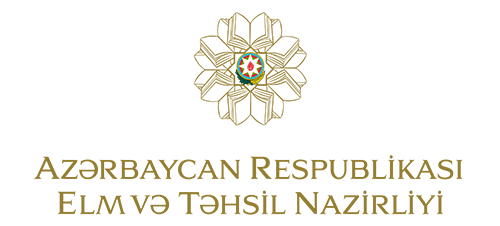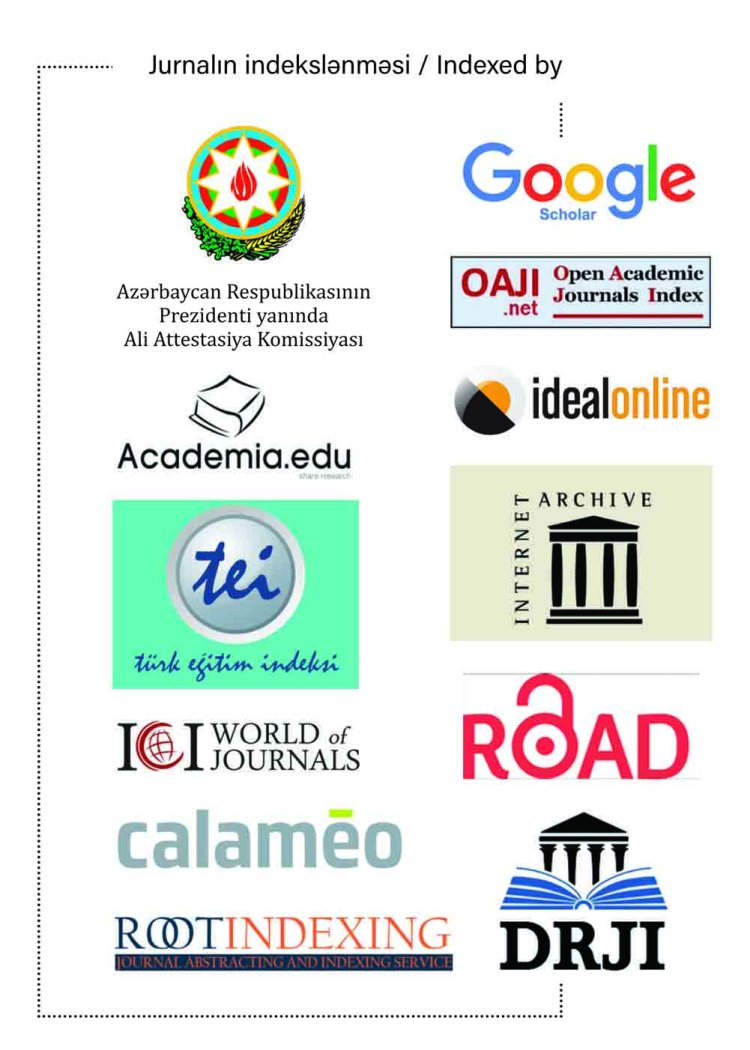The submitted works must be in their original forms that have never been published in any press source and are not under consideration elsewhere.
It is required to have a structure of sections in manuscripts as mentioned below:
- Title, Author information (position, rank, the highest academic degree obtained before and contact information);
- Abstract (maximum 200 words);
- Keywords (5-7 words);
- Introduction, Materials and Methods, Results, Discussion, Conclusions;
- References.
A typical paper for being published in this journal should not exceed 8000 words limit.
References should be given in APA Citation Format.
Accepted file format is: Microsoft Word
E-mail: [email protected]
PEER REVIEW PROCESS
Information about the review process. All articles in the journal are evaluated through an anonymous review process. In this system, the identities of both authors and reviewers are kept confidential, and the parties do not know each other. The review process usually takes 2-3 weeks but may vary depending on the complexity of the topic. Reviewers are selected from independent experts specialized in the relevant field and with scientific publications. After passing the initial technical check, the article is sent to at least two independent reviewers specialized in the relevant field.
Evaluation Criteria:
- Scientific accuracy and originality;
- Appropriateness of the methodology;
- Relevance and contribution of the topic;
- Compliance of the article with structural and linguistic standards, etc.
Decision Process. Based on the reviewers' feedback, the editorial board decides to accept, request revisions, or reject the article. Authors must make revisions in accordance with the reviewers' comments. If an author disagrees with the reviewers' opinions, they may provide a reasoned explanation. To prevent conflicts of interest, all parties (authors, reviewers, and editors) must adhere to ethical principles.
ETHICAL PRINCIPLES
Ethical Responsibilities of the Publisher
- Complying with copyright laws;
- Upholding the ethical principles of the editorial board;
- Ensuring that articles are not driven by commercial interests;
- Preventing plagiarism and rejecting inaccurate materials.
Ethical Requirements for Authors
- Presenting original research findings;
- Avoiding plagiarism and undocumented citations;
- Refraining from duplicate publication;
- Respecting the feedback and suggestions of the editorial board.
Ethical Guidelines for Reviewers
- Evaluating articles objectively and scientifically;
- Maintaining confidentiality of information;
- Informing the editorial board in case of plagiarism or ethical violations;
- Providing precise feedback to improve the quality of the article;
- Highlighting important references that are not cited in the article.
These guidelines aim to uphold ethical principles and enhance the quality of scientific publications.



